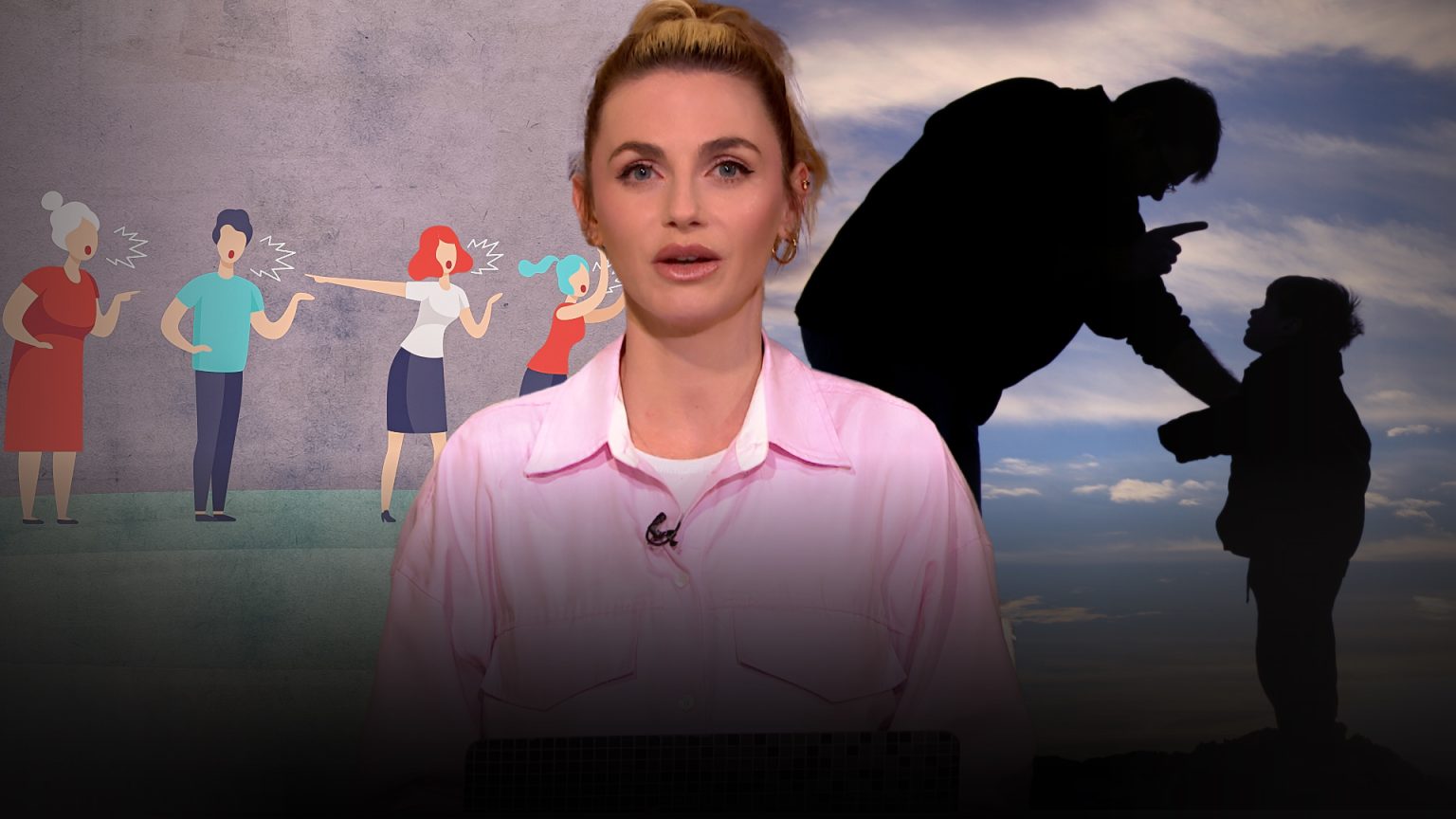Generational trauma, which refers to the passing down of psychological and emotional pain from one generation to another, is a phenomenon that affects many individuals who are descendants of historical traumas such as the Khmer Rouge regime in Cambodia, the Holocaust, and the genocide against the Tutsis in Rwanda. Studies have shown that these descendants often experience higher rates of anxiety, depression, and PTSD as a result of the trauma inherited from their ancestors. This raises important questions about the impact of carrying the weight of history in one’s genes and whether it is possible to break the cycle of generational trauma.
The guests on the show, including mental health and addictions therapist Serene Thin Elk, writer Zaina Arafat, and content creator Elliot Sang, discuss these issues with presenter Myriam Francois. They explore the ways in which generational trauma manifests in individuals, as well as the potential for healing and breaking the cycle of trauma. While acknowledging the challenges that come with inheriting trauma from previous generations, the guests also highlight the resilience and strength of younger generations, particularly Gen Z, in addressing and overcoming these inherited wounds.
One of the key aspects of generational trauma is the transmission of pain and suffering through stories, memories, and behaviors within families. This can have a profound impact on individuals’ mental health and well-being, as they navigate the legacy of trauma that has been passed down to them. By discussing the ways in which generational trauma is perpetuated and how it can be addressed, the guests offer insights into the complex interplay between personal and collective histories in shaping individuals’ experiences and identities.
The conversation also touches on the importance of intergenerational healing and the role that younger generations, such as Gen Z, can play in breaking the cycle of trauma. By acknowledging the past, honoring the experiences of their ancestors, and seeking support for their own mental health and well-being, individuals can begin to heal the wounds of generational trauma and create a more hopeful future for themselves and future generations. Through storytelling, art, and community support, individuals can find ways to process and integrate their inherited trauma in order to move towards greater healing and resilience.
Overall, the discussion highlights the complexities of generational trauma and the potential for healing and transformation within individuals and communities. By recognizing the impact of inherited trauma and working towards breaking the cycle through awareness, support, and self-care, individuals can begin to address the wounds of the past and create a more positive and healing future for themselves and future generations. The guests’ insights and experiences offer valuable perspectives on the power of resilience, storytelling, and community in overcoming the legacies of trauma and working towards greater healing and well-being.


